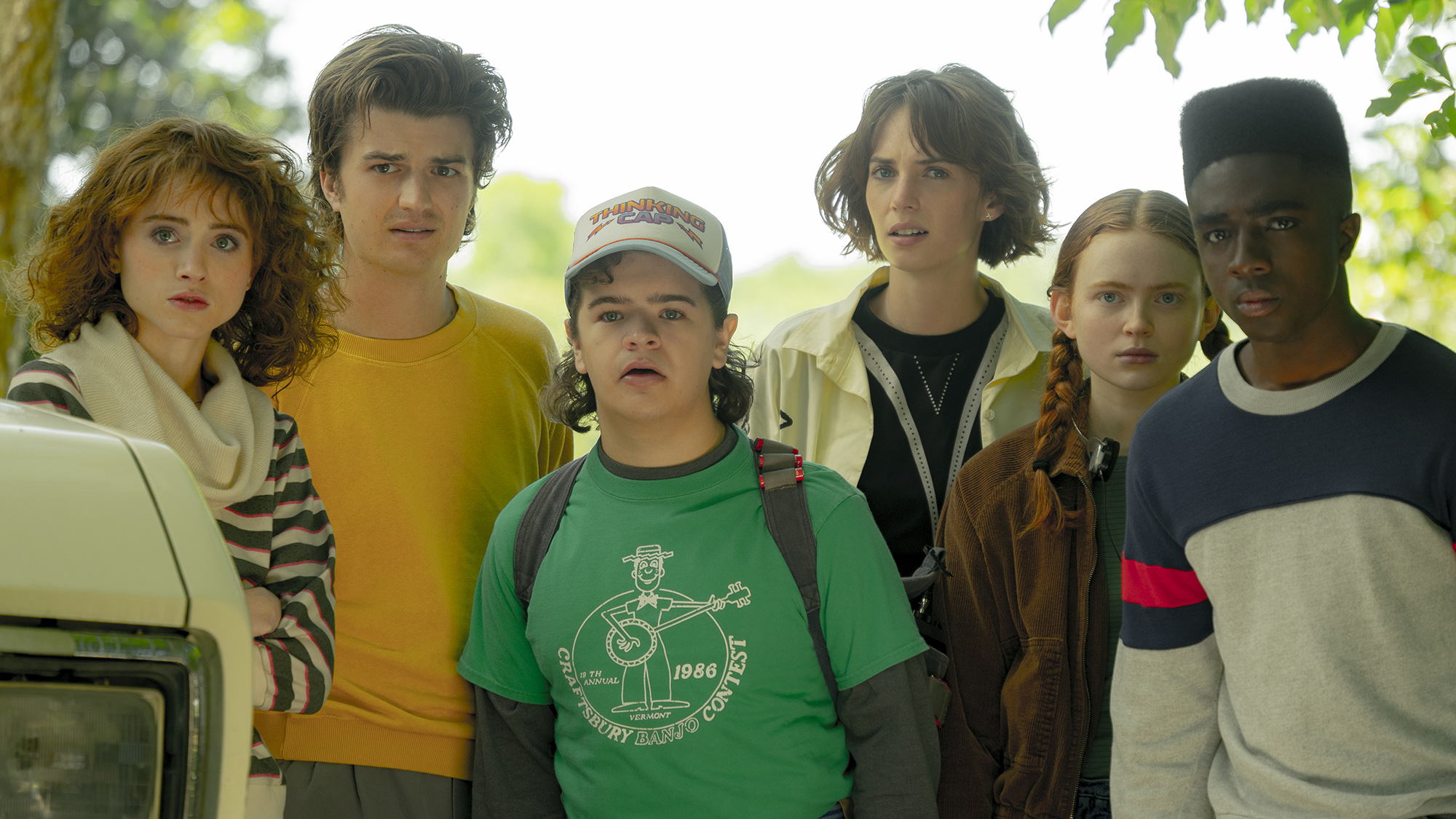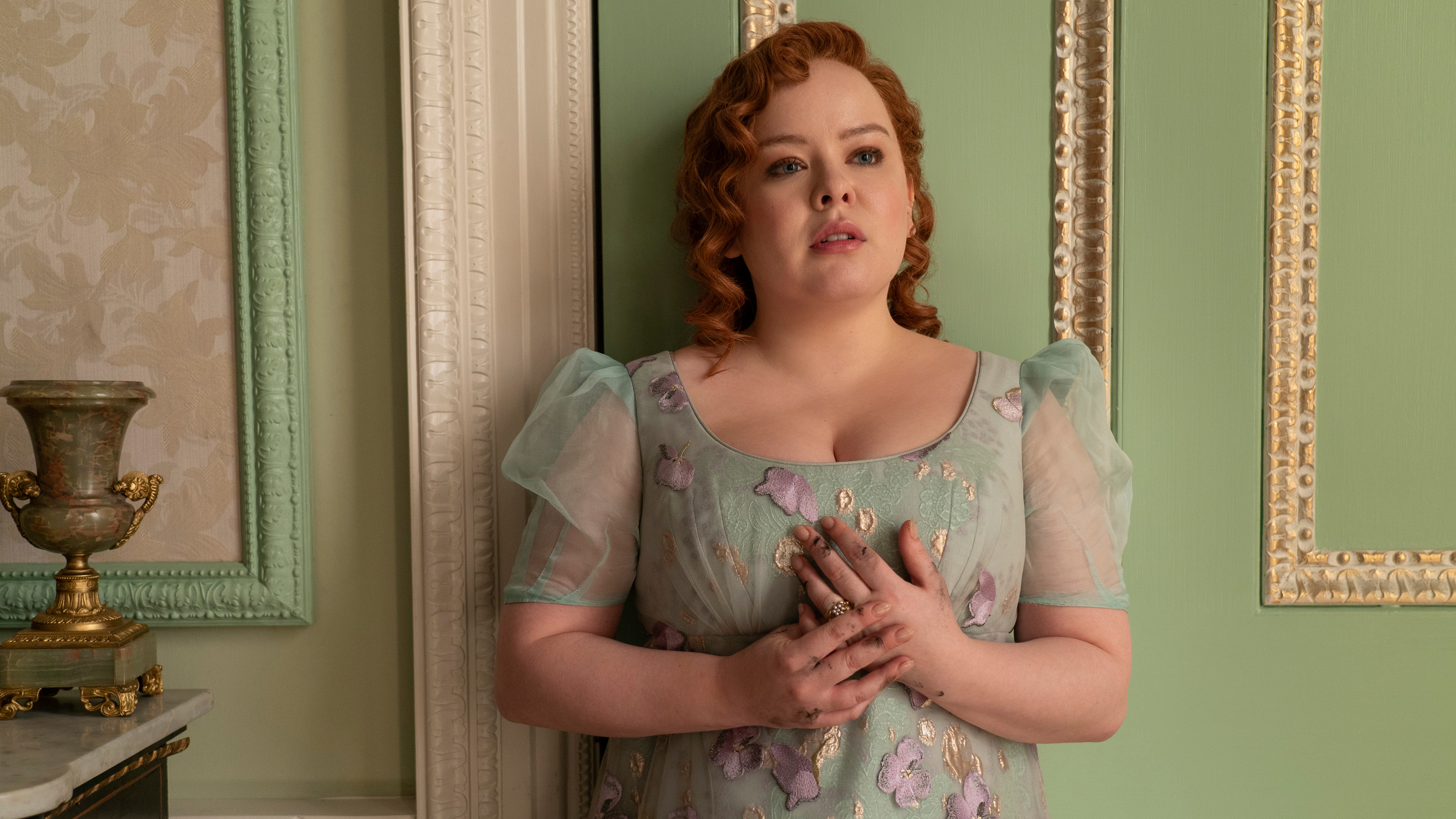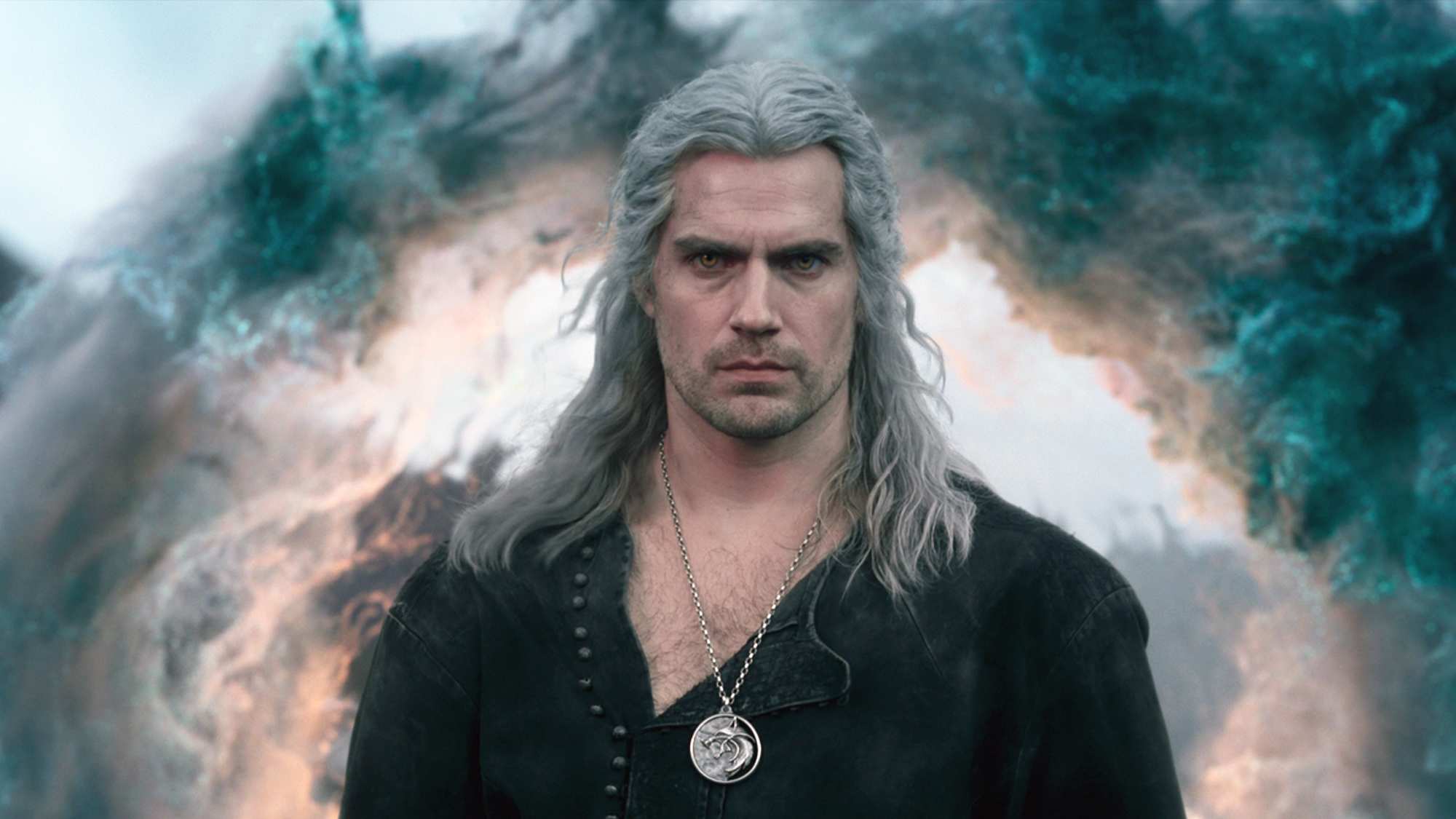Netflix keeps making this same fatal mistake — and it’s killing their biggest shows
Please stop splitting seasons of TV in half

Here at Tom’s Guide our expert editors are committed to bringing you the best news, reviews and guides to help you stay informed and ahead of the curve!
You are now subscribed
Your newsletter sign-up was successful
Want to add more newsletters?

Daily (Mon-Sun)
Tom's Guide Daily
Sign up to get the latest updates on all of your favorite content! From cutting-edge tech news and the hottest streaming buzz to unbeatable deals on the best products and in-depth reviews, we’ve got you covered.

Weekly on Thursday
Tom's AI Guide
Be AI savvy with your weekly newsletter summing up all the biggest AI news you need to know. Plus, analysis from our AI editor and tips on how to use the latest AI tools!

Weekly on Friday
Tom's iGuide
Unlock the vast world of Apple news straight to your inbox. With coverage on everything from exciting product launches to essential software updates, this is your go-to source for the latest updates on all the best Apple content.

Weekly on Monday
Tom's Streaming Guide
Our weekly newsletter is expertly crafted to immerse you in the world of streaming. Stay updated on the latest releases and our top recommendations across your favorite streaming platforms.
Join the club
Get full access to premium articles, exclusive features and a growing list of member rewards.
In the streaming era, it feels like we have two choices when it comes to watching TV. Either we race through an entire season as fast as possible, or we stream things old-school with weekly episode drops.
But in the last few years, Netflix has adopted another strategy for many of their biggest shows. Anyone who watches enough Netflix content will have noticed this by now.
The biggest and best shows on Netflix — "Bridgerton", "Cobra Kai", "The Witcher", "Stranger Things" and, most recently, "Emily in Paris" — have, at one point or another, received a split-season release. Instead of dropping a whole season, Netflix releases episodes in batches, volumes or parts, and in my humble opinion, it's time they stopped.
Netflix has a pacing problem

Nowadays, it's not unusual to wait two full years between new seasons of hit TV shows, and spreading these shows out softens that blow, at least a little.
Plus, it's a release strategy that kind of suits both types of viewers. If you're a binge-watcher, you get to race through a handful of episodes, twice (or even three times). On the flip side, week-to-week viewers can space out their viewing accordingly, with a lower chance of having a season finale spoiled online. And having multiple episode drops also helps shows stay in the conversation a little longer, rather than disappearing from public consciousness after a couple of weeks.
Thinking more cynically, I'm sure it makes business sense for the streamer. If a show releases in two halves, viewers who want to watch a new show as soon as it lands need to have Netflix on both dates. That means Netflix gets a minimum of two months' worth of subscription fees out of us if we want to watch things upon their release.
With my cynical hat on, I think this is the big reason that Netflix has made this decision. It's purely a money play, and I think it's hurting the structure of many of our favorite shows. The first chapter of "Emily in Paris" season 4 is the most recent victim of this trend, because part one just sort of ends, out of the blue, in Gabriel's restaurant.
Get instant access to breaking news, the hottest reviews, great deals and helpful tips.

Elsewhere, I can't help but feel like the wait for "Cobra Kai" to return will feel worse because we had the Sekai Taikai tournament hyped up ... but we've still got several months to wait to see what's going to happen.
For many "Bridgerton" viewers, I'd wager the big appeal is seeing the build-up to the Bridgerton siblings' relationships. But for the third season, Colin and Penelope's romance was compartmentalized into the first few episodes, with other issues from the ton taking up more of the runtime in the second half as their love (temporarily) soured.
Even the streamer's biggest show, "Stranger Things", has this problem. Season 4 was already patience-testing as is — no TV show should feature episodes that run for over two hours — and frankly, knowing that it was returning with two uber-long episodes that outstayed their welcome made me want to watch the rest of the season less.

Admittedly, there are some places where the split seasons have worked well. Ending "The Witcher" season 3's first volume with Dijkstra ambushing Geralt on the cusp of the Thanedd Coup worked as a cliffhanger break. It certainly had me coming back e when the remaining episodes arrived, but I probably would have kept streaming if all eight episodes were available at once, all the same.
I'm sure that other viewers will argue some of the other "breaks" I mentioned above were effective stopping points, and if you felt like that, great, I'm glad you enjoyed your viewing experience. For me, though, these breaks often feel awkward or stilted, and they hurt the overall pacing of their respective seasons,
I also don't necessarily think splitting your season into two or more batches really helps things stick around all that much longer. Anecdotally, I know people who will just wait for the entire season to be available before diving in and rinsing a season in one go.
Likewise, some of the other best streaming services on the market are still having plenty of success with the week-to-week drop. If the show itself is worth watching, viewers will still tune in; "House of the Dragon" drawing big numbers on Max is an obvious example.
Is Netflix likely to stop splitting up their shows?

The short answer is: no, probably not. The financial incentive to keep doing this with the biggest releases is obvious. I haven't even mentioned all of the shows that have been given the split season treatment, and there's already speculation that future drops like "Stranger Things" final season and "The Sandman" season 2 will be released the same way.
Admittedly, "The Sandman" could quite possibly be the perfect show to treat a little differently. Being a graphic novel adaptation, creating shorter "Volumes" might actually be quite an effective way to bring those stories to life. And that leads me quite nicely to my conclusion.
If Netflix is determined to continue splitting up their shows into smaller chunks, it would be nice if they were structured around these breaks a little more purposefully. Smaller seasons could be used to lower the wait times between seasons while still maintaining anticipation between episodes, as long as they're placed strategically. If not, I suspect any viewer who also finds the practice as frustrating as I do will only grow more annoyed as the "problem" inevitably gets worse.
More from Tom's Guide
- Everything new on Netflix in August 2024
- Netflix just added my favorite supernatural drama of all time
- Netflix is losing one of the best mystery thrillers soon — it's 91% on Rotten Tomatoes

Martin is a Streaming Writer at Tom’s Guide, covering all things movies and TV. If it’s in the theaters or available to stream somewhere, he’s probably watched it… especially if it has a dragon in it. Before joining the team, he was a Staff Writer at What To Watch where he wrote about a broad range of shows that stretched from "Doctor Who" and "The Witcher" to "Bridgerton" and "Love Island". When he’s not watching the next must-see movie or show, he’s probably still in front of a screen playing massive RPGs, reading, spending a fortune on TCGs, or watching the NFL.
 Club Benefits
Club Benefits










